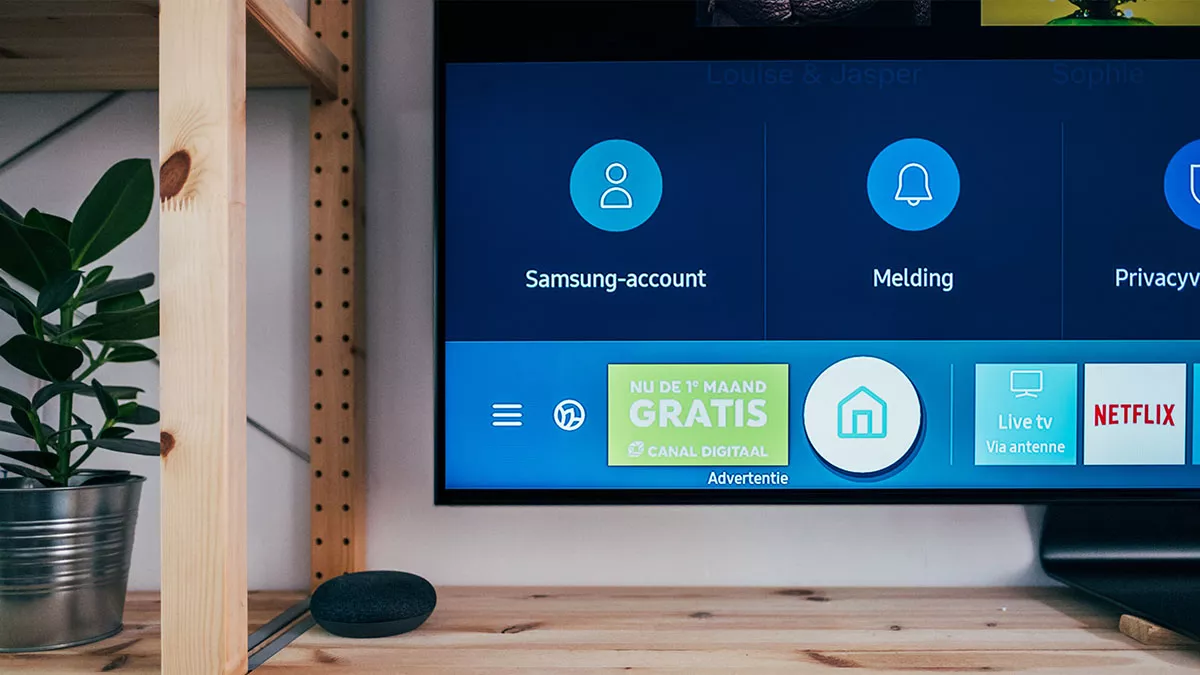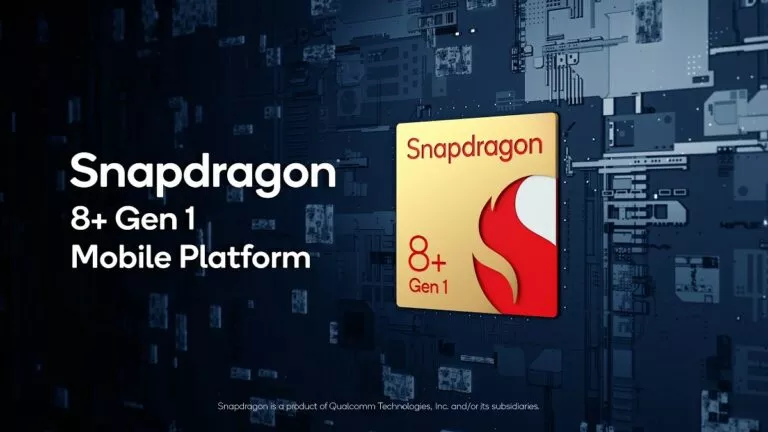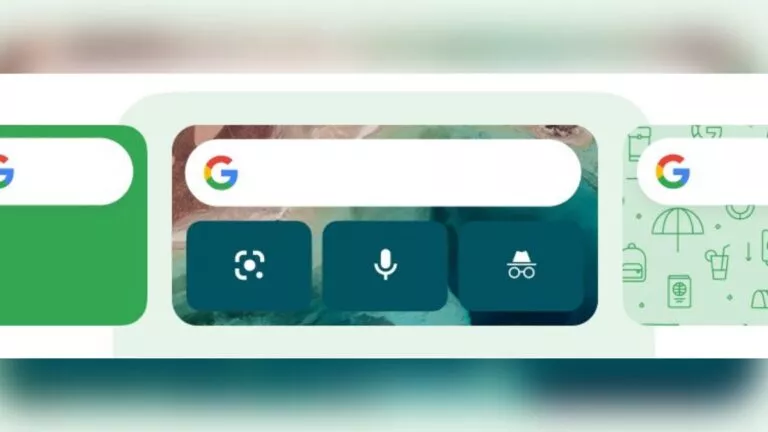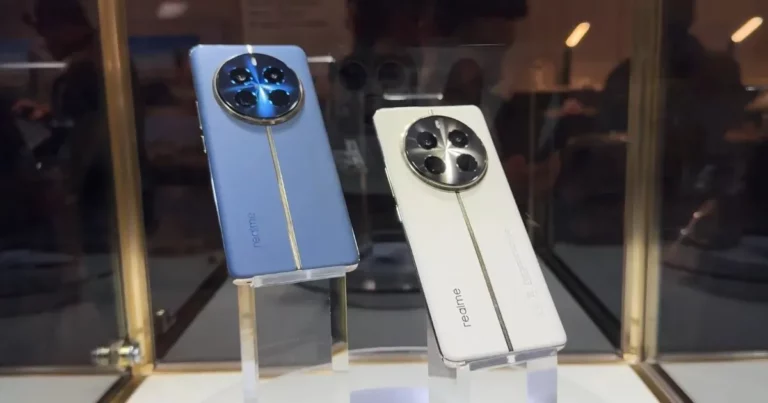After Phones, Samsung Now Caught Cheating TV Benchmarks

Samsung is a popular name in the world of technology and is well-known for its high-quality gadgets. While the company is a favorite of users across the globe, it is mired in a new controversy. The South Korean giant has been accused of cheating in benchmark tests to ‘oversell’ the abilities of its products.
This isn’t the first time experts have accused the company of inflating its hardware’s capabilities, as back in 2013, it supposedly exaggerated Galaxy Note 3 benchmarks. Years later, in 2018, it paid $13.4 million in settlements for similar accusations about the Galaxy S4.
Cheating on TV benchmarks
This time, Samsung has allegedly cheated on TV benchmarks. The YouTube channel HDTVTest was the first to point out the error on the S95B QD-OLED TV, after which FlatpanelsHD also noticed a similar issue on the Neo QLED LCD TV.
The claim is that Samsung used an algorithm to sense when the benchmarking software was working on the set and then manually adjusted the color and increased luminance by 80% during the test to cheat reviews. According to news sources, at such a high brightness level, the panel of the Neo QLED TV could be damaged.
Samsung also changed the colors to make them seem more vibrant and accurate. Most manufacturers boost colors on their TV sets when displayed in shops, but Samsung has been doing so to make the hardware seem better in reviews.
FlatpanelsHD pinpointed the company’s method by changing the benchmark size to 9%, lesser than Samsung, which focuses on 10% of the screen.
Samsung’s response
Luckily, Samsung didn’t keep quiet on the matter and issued a statement saying that to enhance the viewing experience, it would provide an ‘update’ that guarantees steady brightness of HDR contents across a wide range of window sizes.
Similarly, it added that it does not use any algorithm to produce test results, and its third-party tests prove that the content is precisely shown on various window sizes and not just at 10%.
Previous allegations
Samsung had been accused of similar practices in previous claims. Still, it did not admit wrongdoings and argued that it was not obligated to tell customers if it used any algorithm.






